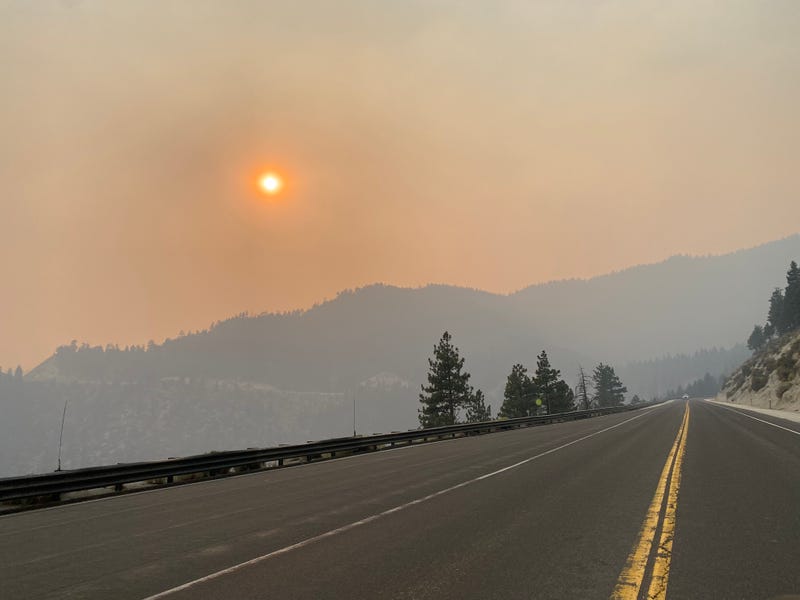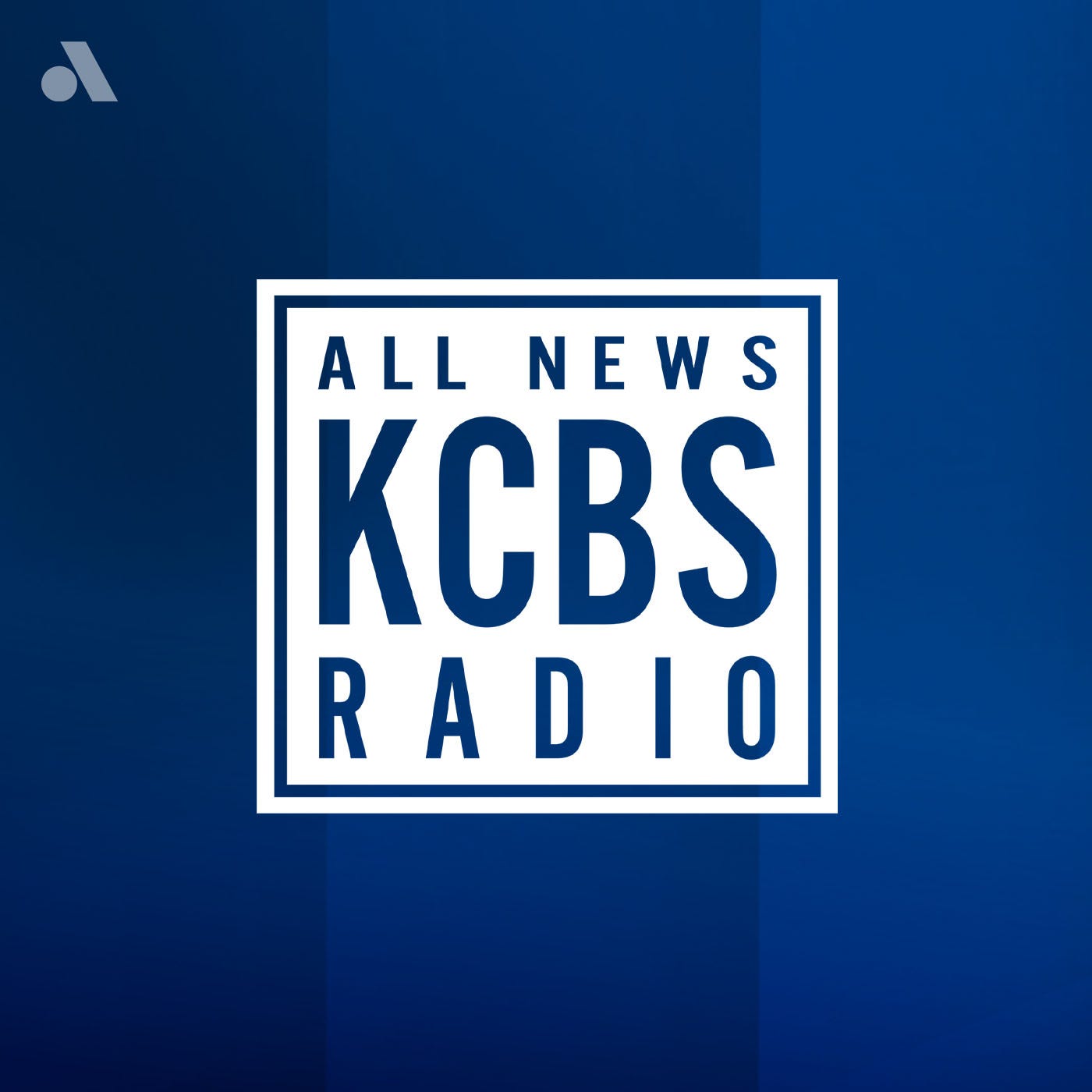
Amidst all the chaos as Lake Tahoe residents evacuated areas threatened by wildfires this week, price-gouging has flared up as well.
Some examples include a rideshare company that quoted a fee of more than $1,500 to be transported from the smoke-choked ski resort at Heavenly Valley to the safety of Reno-Tahoe International Airport, about eight times the going rate and a Nevada hotel-casino outside the evacuation order zone that advertised a two-night stay for $1,090.72, almost four times the midweek rate offered a day earlier.

Price-gouging and natural disasters often go hand in hand, and became particularly apparent during the height of the pandemic, according to reporting by KTVU.
No federal law bans it during emergencies but at least a dozen states have banned it, including California and Nevada.
But Nevada’s price-gouging prohibition doesn’t take effect until October, limiting officials from policing the issue now.
Officials in both states publicly warned businesses in the shadow of the massive blaze against price-gouging, with California Attorney General Rob Bonta, his Nevada counterpart Aaron Ford and U.S. Rep. Mark Amodei asking consumers to report incidents to their offices.
Ford’s office said Wednesday it hadn’t received any specific complaints. Bonta’s said the information was confidential.
After several reported consumer complaints, Lyft and Uber said in statements Wednesday that price jumps triggered automatic caps as demand soared around South Lake Tahoe amid emergency evacuations. Lyft said it was "reviewing and adjusting fares for certain riders who were impacted in the region."
"When ride requests outpace the number of drivers on the road, prime-time pricing — elevated fares designed to get more drivers to high-demand areas — is automatically enabled," the company said. "When we realized how the evacuation order was affecting Lyft prices, we immediately implemented a cap and ultimately suspended prime-time pricing."
Uber said fares in some places were capped Monday after it identified a public state of emergency. It enacted a second cap Tuesday.
"If you see price gouging — or if you’ve been a victim of it — I encourage you to immediately file a complaint with my office online at oag.cag.gov/report, or contact your local police department or sheriff’s office," Bonta said.

